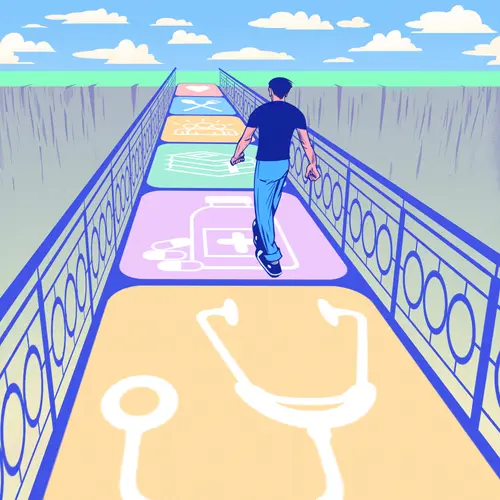The timing of daily meals could affect the risk for cardiovascular disease and stroke, according to a large European study published in Nature Communications.
The research also found that longer nighttime fasting is associated with a lower risk of cerebrovascular disease like stroke.
The study was led by researchers from France’s National Research Institute for Agriculture, Food and the Environment; Spain’s Barcelona Institute for Global Health; Inserm; and the Université Sorbonne Paris Nord.
The findings “suggest the importance of daily meal timing and rhythm in reducing cardiovascular disease risk,” INRAE said in a press release. “The time at which we eat could influence our risk of developing cardiovascular disease.”
Cardiovascular diseases are the world’s No. 1 cause of death, and many are related to diet. Modern Westerners often eat late dinners and skip breakfast.
“In addition to light, the daily cycle of food intake (meals, snacks, etc.) alternating with periods of fasting synchronizes the peripheral clocks, or circadian rhythms, of the body’s various organs, thus influencing cardiometabolic functions such as blood pressure regulation,” INRAE’s release said.
Scientists analyzed date from more than 103,000 participants in the NutriNet-Santé cohort, a study was launched in France in 2009 and aimed to better understand the relationship between nutrition and health.
“Participants having later meals had a higher consumption of alcohol, more episodes of binge drinking, reported later bedtimes and were more likely to have a higher variability in their meal timings across the week,” the researchers wrote.
Delaying a first meal of the day was associated with a 6% increase in risk of cardiovascular disease per hour delay. Regarding the last meal of the day, eating dinner after 9 p.m. was associated with a 28% increase in risk of cerebrovascular disease such as stroke compared with eating before 8 p.m., especially among women.
“Finally, a longer duration of night-time fasting – the time between the last meal of the day and the first meal of the following day – is associated with a reduced risk of cerebrovascular disease, supporting the idea of eating one’s first and last meals earlier in the day,” INRAE reported.
